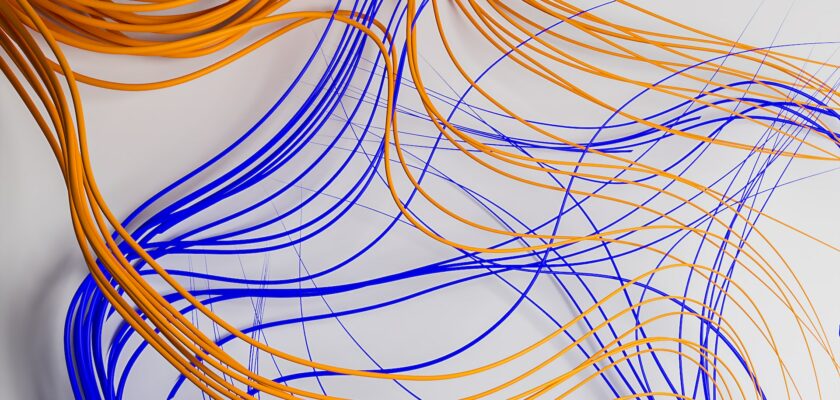In this short tutorial, we’ll connect to IPFS using the php-ipfs-api. This library requires PHP 7.3 and the curl and json extensions. You can download the library from here.
Connecting to IPFS using the library.
$ composer require rannmann/php-ipfs-api
$ composer install
use rannmann\PhpIpfsApi\IPFS;
// connect to ipfs daemon API server
$ipfs = new IPFS("localhost", 8080, 5001); // leaving out the arguments will default to these values
add
Adds content to IPFS.
Usage
$hash = $ipfs->add("Hello world");
addFromPath
Adds content to IPFS from a filename (helper method)
Usage
$hash = $ipfs->addFromPath("myFile.txt");
addFromUrl
Adds content ot IPFS from a web URL (helper method)
Usage
$hash = $ipfs->addFromUrl('https://mysite.com/img.png');
get
Retrieves the contents of a single hash.
Usage
$ipfs->get($hash);
ls
Gets the node structure of a hash.
Usage
$nodes = $ipfs->ls($hash); foreach ($nodes as $node) { echo $node['Hash']; echo $node['Size']; echo $node['Name']; }
Object size
Returns object size.
Usage
$size = $ipfs->size($hash);
Pin
Pin or unpin a hash.
Usage
$ipfs->pinAdd($hash);
$ipfs->pinRm($hash);
ID
Get information about your ipfs node.
Usage
print_r($ipfs->id());








